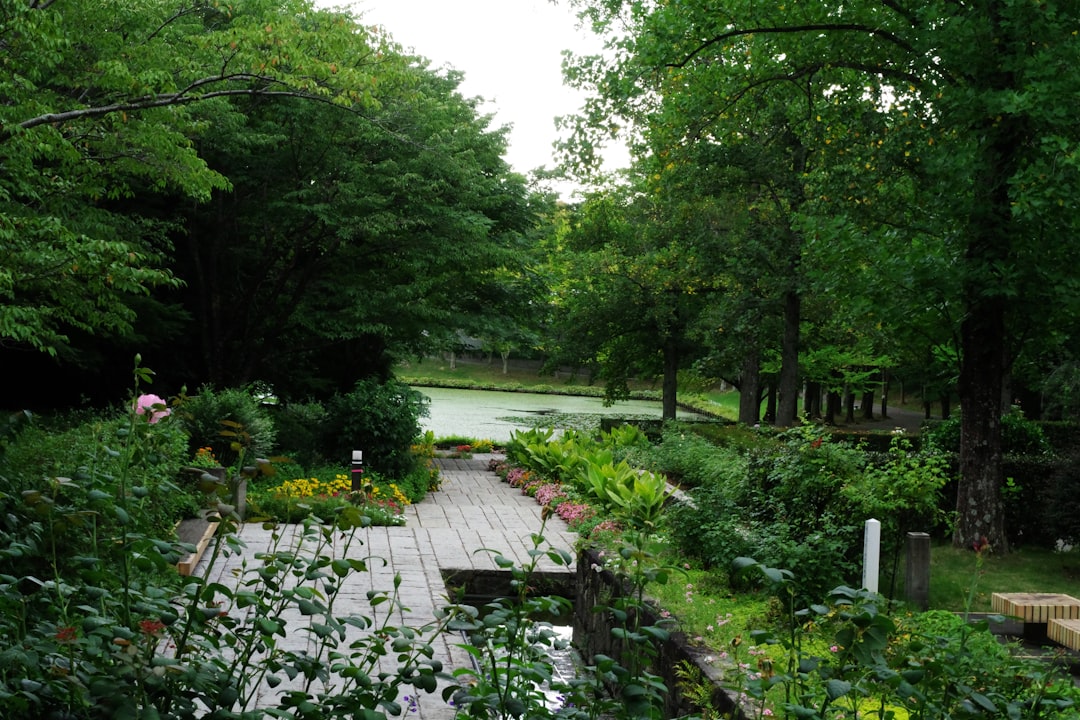The Wonders of Yard and Plant Care

When it comes to caring for your yard, there are numerous aspects that can make the experience both enjoyable and rewarding. Many people might not realize that the world of plants is full of fascinating facts and practical tips that can enhance your gardening skills and the overall health of your yard.
One interesting fact that often surprises people is that you can cut onions without crying. Onions release a gas called syn - propanethial - S - oxide when they are cut. This gas irritates the eyes and causes the well - known stinging and tearing. To avoid this, you can chill the onions in the refrigerator for about 30 minutes before cutting. The cold temperature slows down the release of the gas. Another method is to cut the onions under running water. The water helps to dissolve the gas and prevent it from reaching your eyes.
Now, let's talk about general garden care. Soil is the foundation of a healthy garden. Different plants have different soil requirements. For example, some plants prefer well - drained soil, while others can tolerate more moisture. You can test your soil to determine its pH level and nutrient content. A simple soil test kit can be purchased at a local gardening store. Based on the test results, you can add the appropriate fertilizers or soil amendments. If your soil is too acidic, you can add lime to raise the pH level. If it lacks nutrients like nitrogen, phosphorus, or potassium, you can use fertilizers specifically formulated to provide these elements.
Watering is another crucial aspect of yard care. Over - watering can be just as harmful as under - watering. Most plants need about 1 - 2 inches of water per week, but this can vary depending on the plant species, the weather, and the soil type. In hot and dry weather, you may need to water more frequently. It's best to water deeply and less often rather than giving your plants a light sprinkle every day. Deep watering encourages the roots to grow deeper into the soil, making the plants more drought - resistant.
Pruning is also an important part of maintaining a beautiful yard. Pruning helps to shape the plants, remove dead or diseased branches, and promote new growth. Different plants have different pruning requirements. For example, roses should be pruned in early spring to remove old canes and encourage new blooms. Trees may need to be pruned to remove branches that are rubbing against each other or growing too close to power lines. When pruning, it's important to use sharp and clean tools to prevent the spread of diseases.
Weed control is a never - ending battle in the garden. Weeds compete with your plants for water, nutrients, and sunlight. There are several ways to control weeds. You can use mulch to cover the soil around your plants. Mulch helps to suppress weed growth by blocking sunlight. You can also pull weeds by hand, especially when they are small. For larger areas, you may consider using a herbicide. However, it's important to use herbicides carefully and follow the instructions on the label to avoid harming your plants.
Planting the right plants for your climate and soil conditions is essential. Native plants are often a great choice because they are adapted to the local environment. They require less water, fertilizer, and maintenance compared to non - native plants. You can also create a diverse garden by planting a variety of plants. This not only adds beauty but also attracts beneficial insects and birds. For example, planting flowers like marigolds can help to repel pests, while planting milkweed can attract monarch butterflies.
In conclusion, caring for your yard is a multi - faceted task that involves understanding the unique needs of your plants, soil, and climate. By learning about interesting plant facts like cutting onions without crying and implementing proper garden care techniques such as soil testing, watering, pruning, weed control, and smart plant selection, you can create a beautiful and healthy yard that you can enjoy for years to come.